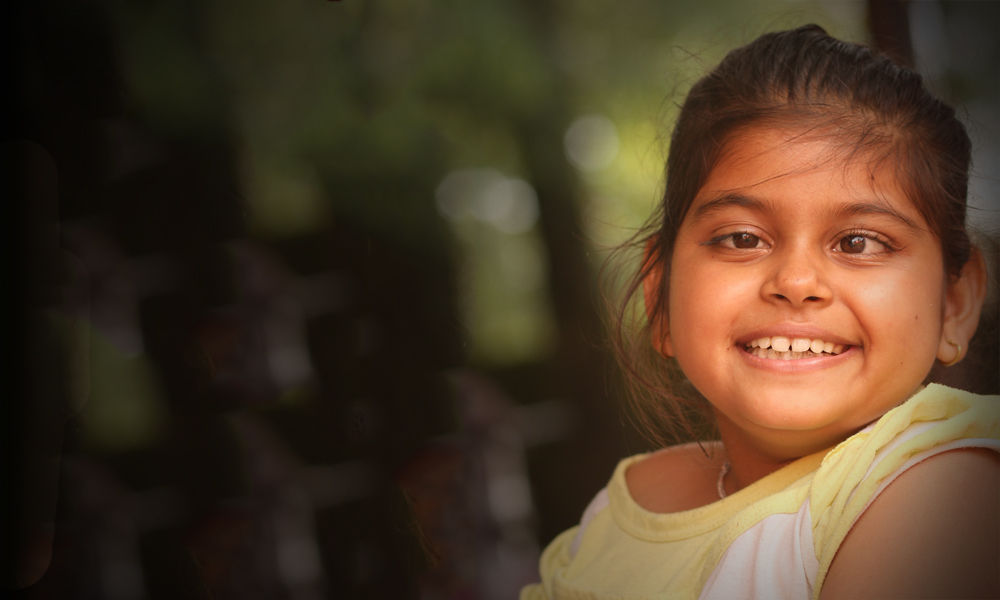Subina is 11 years old, she is one of five siblings. She loves to sing Nepali folk songs but her real dream is to become a doctor. Subina is just like any other child – except that she has cerebral palsy, a condition that has affected her vision and her ability to walk. She is keen to attend school, to change her future and the future of her family.
“I want to become a doctor so I can treat my mum when she’s older,” she says.
Her father, Min, is a primary school teacher and although he recognises the importance of education, he also sees the reality Subina would be faced with at school. He has witnessed staff using derogatory language about others with disability and he fears that the children at the school would do the same. Wanting to protect his daughter, at the moment Min does not allow her to attend classes like the other children. Subina is capable. She has the ability, the drive and motivation to chase her dreams, but is prevented from doing so, because her school does not offer the inclusive environment that she needs. She is not the only child like this. Her dream is put on hold by the attitudes and misunderstandings of others. They don’t see Subina, they don’t even see the condition she has, they see disability.
Subina has attended two cerebral palsy camps at INF’s Green Pastures Hospital where she has received treatment and an Ankle Foot Orthosis that staff hope may one day help her to stand or walk independently. Subina is already showing signs of improved mobility.
Disability in Nepal
Across Nepal, there are more than half a million people affected by disability*.
Prejudice and lack of education and understanding within communities has led to isolation, shame and misery for many families, who have felt they had to hide their relatives away because they differed from the accepted social norm.
INF’s community disability work sees staff coming alongside local schools. This includes special inclusivity workshops for students and teachers, and classroom activities for children. INF is also advocating with school management committees and local authorities, as well as providing funds to build ramps and adjust buildings to become inclusive for all – so that children like Subina can have fullness of life.
* Nepal Population and Housing Census 2011



